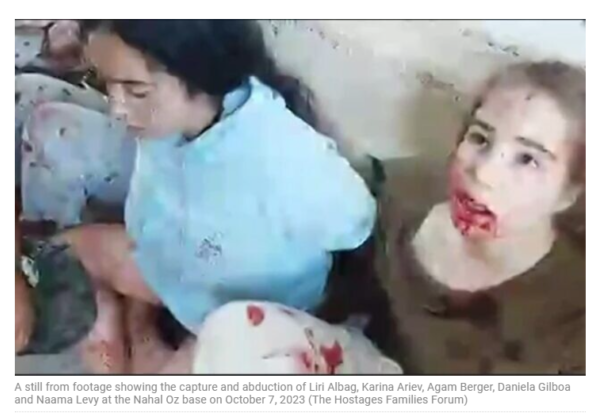Every loss of life in the conflict between Israel and Hamas is tragic. Over the past seven months of this heartbreaking war, it has become increasingly obvious that peace needs to be made through political negotiations and not legal institutions. This is especially when the ICJ has no jurisdiction over the brutal terror organisation Hamas. South Africa could have done so much more to prevent loss of life from the outset, by using its relationship with Hamas and its history of engagement and dialogue, as a way to resolve conflict rather than these ongoing legal challenges. South Africa could have done so on the 8th October, with the potential of thousands of lives being saved.
As Professor Emeritus Andre Thomashausen has repeatedly stated, “thus far, with all its cases, South Africa has not saved one life”. They are using a legal processes for something that requires political solutions.
In its many damning statements, interviews and speeches the ANC Government has made against Israel, they have not once commented on the bodies of hostages that they have found in Gaza including three in Rafah in the past week. Neither have they acknowledged or condemned Hamas footage also found in Rafah this week, showing sexual threats by Hamas against young Israeli women captives. This shows the cavalier attitude that the ANC Government has regarding sexual assault of Jewish women and the murder of Jews. South Africa has forever tainted itself in its a willingness to overlook the horrendous crimes of Hamas, impugning its reputation as honest peace broker.
